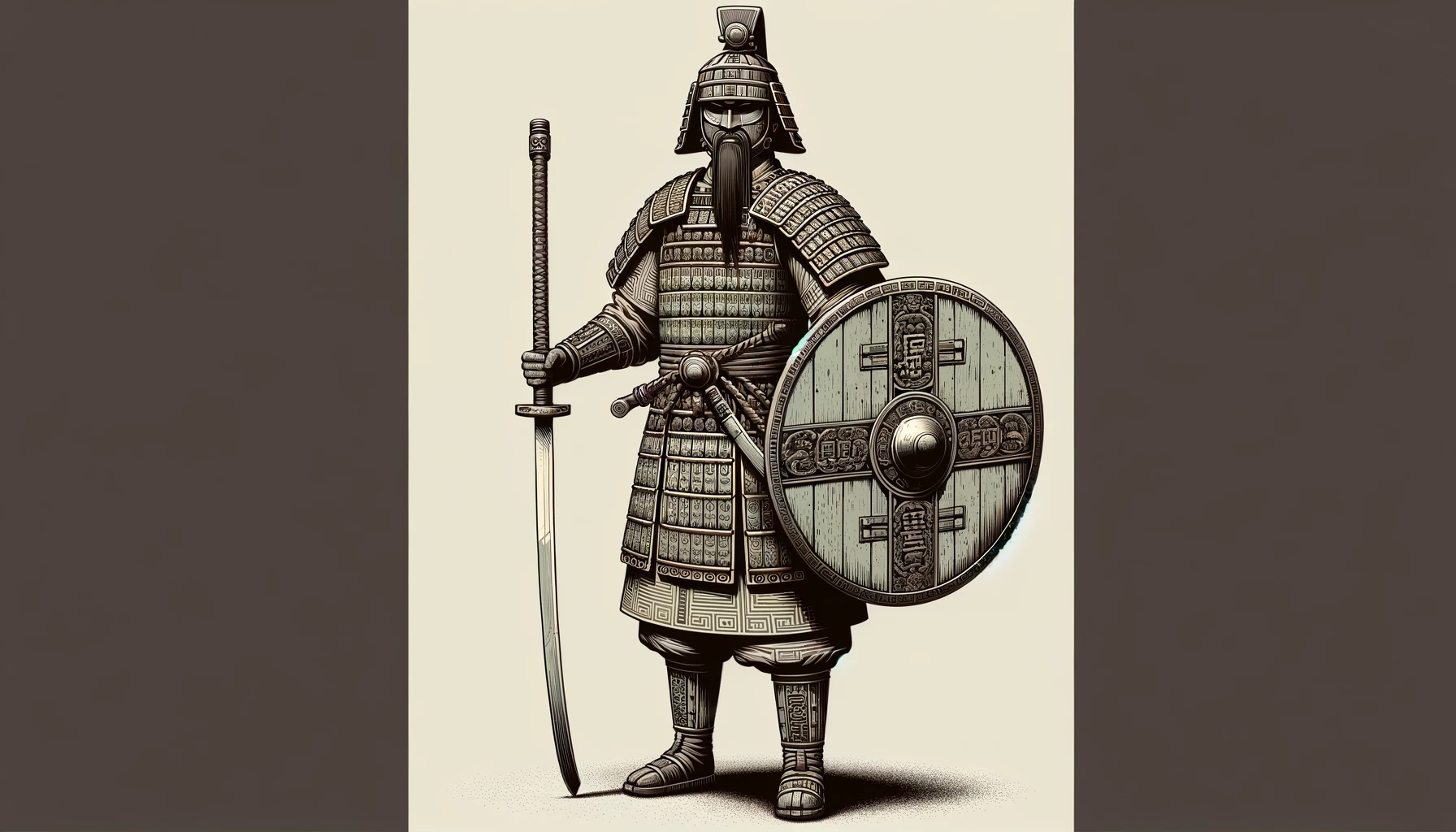Chinese Civilization: The Enduring Legacy
Introduction to Chinese Civilization
Chinese civilization, one of the world’s oldest continuous cultures, traces its roots back over 4,000 years. Flourishing along the fertile banks of the Yellow River, it has evolved through millennia, offering the world a unique blend of art, philosophy, and innovation. This article embarks on a journey through the heart of Chinese civilization, uncovering the layers of history that contribute to its profound legacy.
The Dawn of Chinese Civilization
Neolithic Beginnings and the Yellow River Valley
Chinese civilization began in the Neolithic era, with the Yellow River Valley serving as the cradle of its culture. The early settlements in this region laid the groundwork for the sophisticated society that would follow, characterized by the development of agriculture, pottery, and silk production.
The Dynastic Cycle: From Xia to Qing
Overview of Major Dynasties and Their Contributions
The history of China is marked by the rise and fall of dynasties, each contributing uniquely to the nation’s development. From the mythical Xia to the powerful Qing, Chinese dynasties have overseen periods of remarkable innovation, cultural blossoming, and territorial expansion, shaping the civilization we recognize today.
Philosophical and Religious Foundations
Confucianism, Daoism, and Buddhism
The philosophical and religious landscape of China is dominated by Confucianism, Daoism, and Buddhism. Confucianism’s emphasis on ethics, family loyalty, and social harmony; Daoism’s focus on living in harmony with the Dao; and Buddhism’s spiritual teachings have collectively influenced Chinese society, government, and culture.
Innovations and Contributions to Humanity
Inventions, Literature, and the Arts
Chinese civilization has bestowed numerous inventions upon the world, including paper, printing, gunpowder, and the compass. Its literary and artistic achievements, from the poetic works of the Tang Dynasty to the intricate paintings of the Song Dynasty, continue to captivate and inspire.
The Imperial System and Bureaucracy
Governance, Civil Service, and Legalism
The imperial system and its bureaucratic apparatus were central to Chinese governance, with the civil service examination system ensuring that government officials were selected based on merit. Legalism, emphasizing strict laws and governance, also played a significant role in the administration of the state.
Economic Developments and the Silk Road
Trade, Agriculture, and Early Globalization
The Silk Road facilitated early globalization, enabling the exchange of goods, ideas, and culture between East and West. Advances in agriculture and trade during various dynasties propelled economic growth, sustaining the civilization’s development and influence.
Military Achievements and Strategies

Notable Wars, the Great Wall, and Military Tactics
China’s military history is rich with strategic innovations and monumental constructions like the Great Wall, designed to protect the nation from invasions. Chinese military strategies, documented in texts like Sun Tzu’s “The Art of War,” have had a lasting impact on both Eastern and Western military thought.
Cultural Practices and Social Life
Festivals, Family Structure, and Social Customs
Chinese culture is celebrated through numerous festivals, such as the Spring Festival and the Mid-Autumn Festival, which reflect the civilization’s emphasis on family and community. The traditional family structure and social customs have evolved but continue to play a crucial role in Chinese society.
Modern Era and the Legacy of Chinese Civilization
Revolution, Modernization, and Cultural Impact
The transition into the modern era, marked by revolutions and reform, has seen China emerge as a global power, with its ancient civilization continuing to influence modern governance, culture, and social norms. The legacy of Chinese civilization, with its emphasis on harmony, innovation, and resilience, remains a guiding force in the contemporary world.
Challenges in Studying Chinese Civilization
Historical Continuity, Diversity, and Interpretation
Studying Chinese civilization presents challenges due to its vast historical continuity, regional diversity, and the complexities of interpreting ancient texts and artifacts. Yet, these challenges also offer opportunities for deeper understanding and appreciation of its rich heritage.
Exploring Chinese Civilization Today
Museums, Archaeological Sites, and Educational Resources
Today, Chinese civilization can be explored through museums, archaeological sites, and a wealth of educational resources that offer insights into its ancient past and ongoing legacy. These venues serve as custodians of Chinese history, inviting both scholars and the public to engage with its enduring story.
FAQs About Chinese Civilization
- How did Confucianism influence the Chinese government and society?
- What were the key factors behind the longevity of Chinese civilization?
- How did the Silk Road impact global trade and cultural exchange?
- What role did women play in ancient Chinese society?
- How has Chinese civilization influenced modern science and technology?
Conclusion: The Timeless Influence of Chinese Civilization
The story of Chinese civilization is a testament to the human spirit’s capacity for innovation, resilience, and cultural expression. Its contributions to philosophy, science, art, and governance continue to shape the modern world, underscoring the timeless influence of one of humanity’s greatest civilizations.




